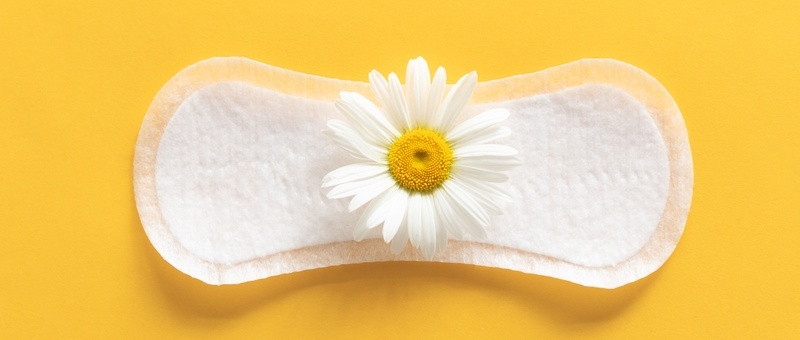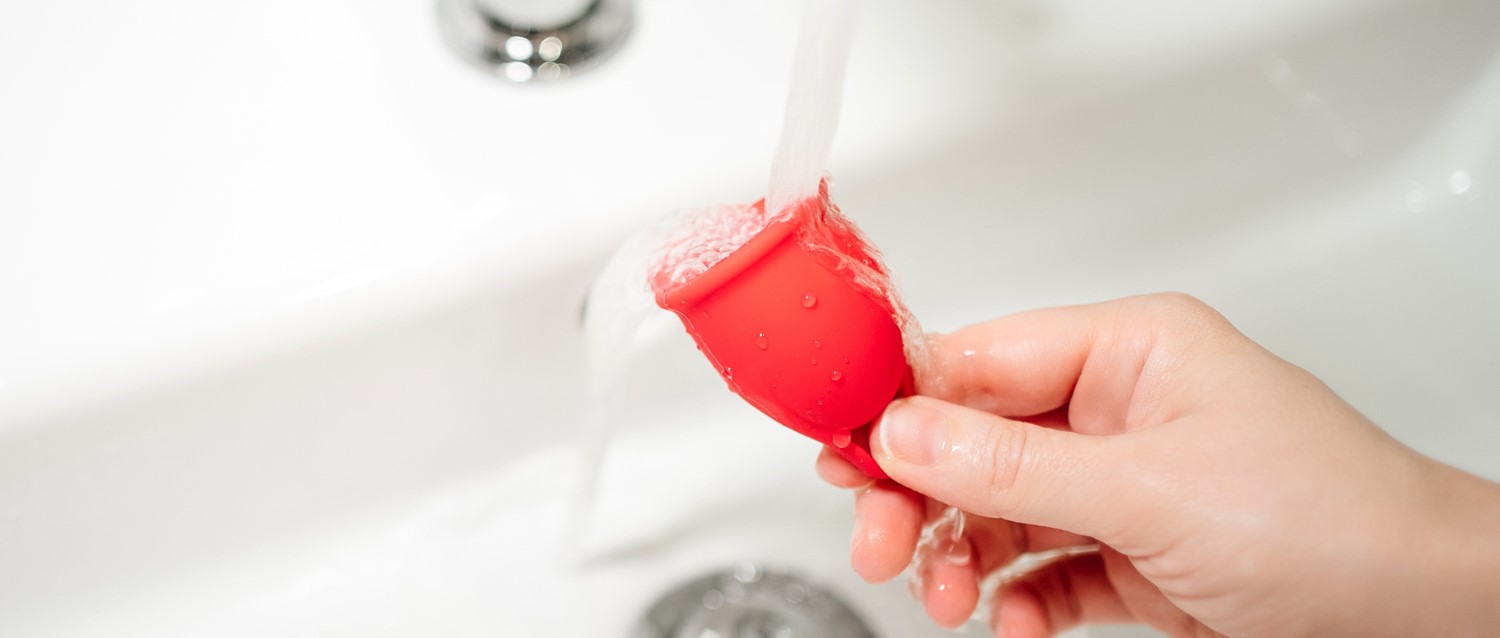
Quiz: When will I get my first period?
Peer reviewed by Dr Colin Tidy, MRCGPLast updated by Lawrence HigginsLast updated 10 Jun 2025
Meets Patient’s editorial guidelines
- DownloadDownload
- Share
- Language
- Discussion
Wondering whether you might start your periods soon? Take our quiz to find out whether you're showing some of the signs.
In this article:
Video picks for Periods and period problems
Continue reading below
About periods
As you approach your teenage years, you probably wonder when your periods might start. You may look forward to this moment as a sign that you are really growing up. You may also be nervous about how they will feel, or how you might manage their period. Either way, it can be good to know whether you are likely to get your period soon.
With periods usually starting between the ages of 10-16 years, it can be hard to predict when your first period will arrive. However, your body will probably start to show some tell-tale signs when your first period is on its way. These signs include:
Your breasts may grow or change shape.
You may have vaginal discharge.
You may grow pubic and underarm hair.
Who is this quiz for?
Back to contentsThe quiz is designed for girls aged over the age of 8 years who have not yet started their periods, but who have started to show some signs of puberty. It asks seven simple questions relating to changes in your body that might indicate your period is on its way.
Each time you select an answer you will be given some information about the symptoms you are feeling and what they might mean. At the end, your result will show whether your first period might be on its way.
Can you predict when periods will begin?
Whilst the quiz will give you an idea about whether your periods might start soon, the result is only an indication of this, based on the answers you have given. If you are at all worried about changes to your body, or about periods in general, talk with your parents, older siblings or with your doctor about your concerns.
Patient picks for Periods and period problems

Women's health
Quiz: When will I get my first period?
Wondering whether you might start your periods soon? Take our quiz to find out whether you're showing some of the signs.
by Lawrence Higgins

Women's health
How to clean your menstrual cup
Menstrual cups have increased in popularity over recent years, with many people viewing them as a more eco-friendly period product since they are reusable. However, if you are using a menstrual cup or considering using a cup for the first time, it's vital you know how to clean it to reduce the risk of infections and other health complications.
by Emily Jane Bashforth
Continue reading below
Article history
The information on this page is peer reviewed by qualified clinicians.
Next review due: 13 Jun 2028
10 Jun 2025 | Latest version
13 Jul 2018 | Originally published
Authored by:
Gillian Harvey

Ask, share, connect.
Browse discussions, ask questions, and share experiences across hundreds of health topics.

Feeling unwell?
Assess your symptoms online for free
Sign up to the Patient newsletter
Your weekly dose of clear, trustworthy health advice - written to help you feel informed, confident and in control.
By subscribing you accept our Privacy Policy. You can unsubscribe at any time. We never sell your data.